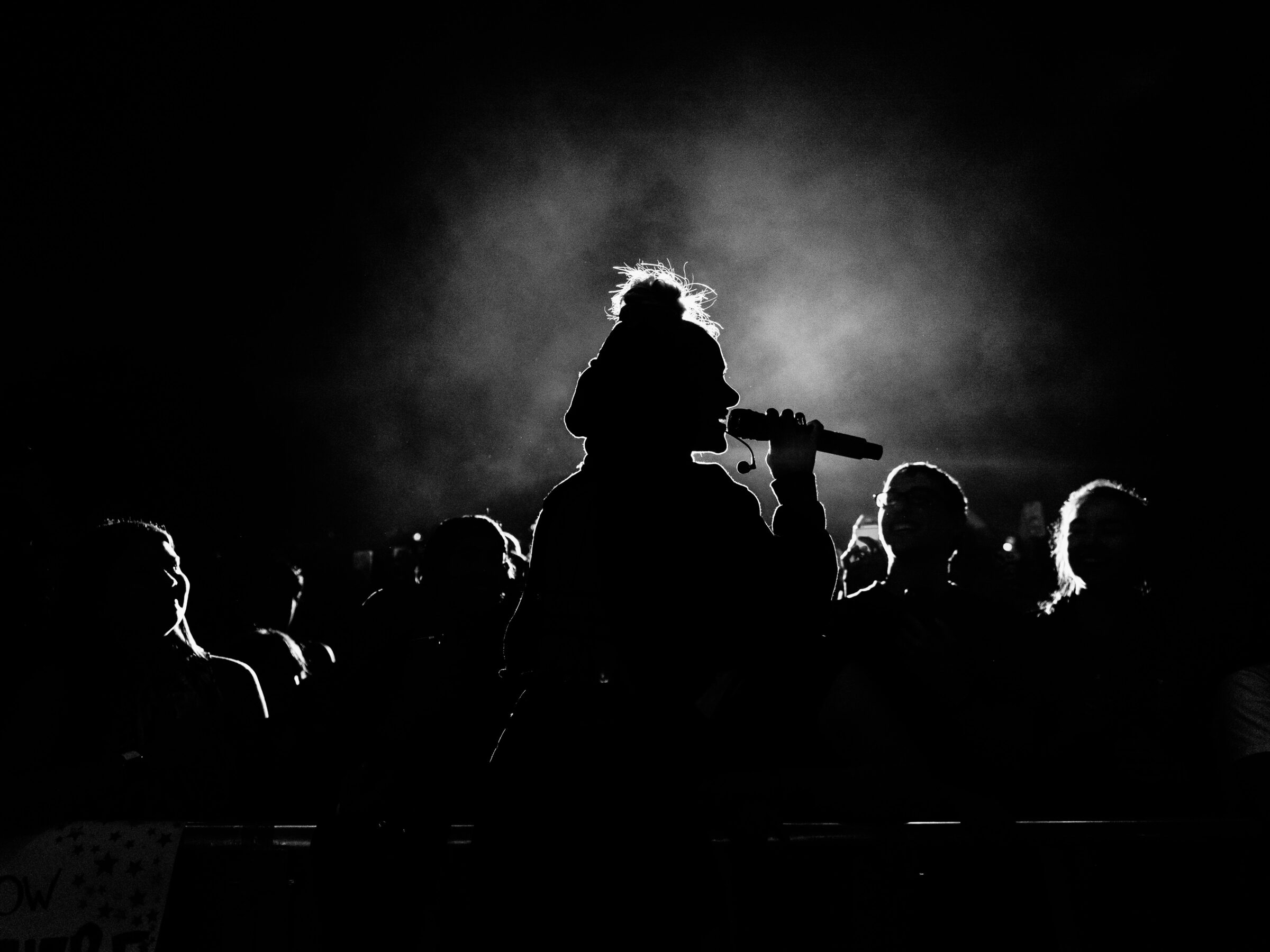For every singer, the quality of your sound becomes the most important factor. Other people may think that any microphone will be fine as long as it is loud and clear. However, it does not always work that way because not all microphones are created the same. Some microphones are made for different situations, so if you are a singer, you should try to find the right microphone.
The best sound will not necessarily come from the most expensive one, while cheaper microphones can ruin your recording. This means that finding a good microphone should be based on extensive market research, personal tests, and other factors. It is also important to consider personal tastes in the process of looking for the right microphones.
The line between getting the right microphone and you is to know the types of microphones that you need. Microphones come with different types, models, and features for different purposes. Among all types of microphones, there are three types mostly used by singers.
CHOOSING THE RIGHT MICROPHONE
The classic question when choosing a microphone should be which one is the best? Which type of microphone should I buy?
Well, there is no exact answer to those questions because no company, professional singer, or vocal coach can give a definitive answer. Also, you mustn’t simply follow someone’s recommendations of the ‘right’ microphone. This is because the right microphone strongly depends on your unique voice. What works for other people may not work well for you, so this is how you choose the right microphone.
First, you need to consider the use case of your new microphone. Do you use it on stage or in the studio? There are different types of microphones for different use as aforementioned above. Also, the best microphone should be the one leading to a minimum of technical problems. If you are a beginner, it is better to choose a microphone with a really simple setup. Thus you do not need to worry much about microphone setup and just simply plug and play.
Some microphones feature designs optimized to catch lower frequencies you could find in bass drums, bass guitars, and even deep male voices. While some others are specifically designed to catch higher voices such as shimmering cymbals, female voices, and so on. Since each microphone has different uses, you must consider the frequency response of each microphone.
Another factor to consider when buying a microphone is the directional pattern which is also known as a polar pattern. It describes from which direction a microphone will pick up more or less sound. An example could be the famous SM-58, a widely used stage mic. It will pick up most of the sound directly in front of it, while it won’t pick up sound from the other side.
For most voice-over artists, a pop filter is the standard accessory. This accessory acts as a screen that reduces the impact of the air coming from the mouth. This results in minimalizing of mouth noises, plosives, and sibilance.
Some microphones require power from the mixer or the audio Interface others don’t. You need to be careful if your mixer doesn’t provide phantom power. The phantom power switch is often labeled with +48V, describing the amount of voltage provided.
Also remember, an expensive microphone is not necessarily the best option. There are lots of factors to consider besides the price. The most important thing is to choose a microphone which becomes the perfect pair for your voice. Usually, it is best practice to try all the mics that fit in your budget.
Besides the microphone, you should also remember to buy periphery such as mic stands, cables, mounts, and so on. You may not need all the accessories and features, hence make sure to select this carefully.
Honestly, if someone would ask me “What is the best mic?”, I could not answer this question. But if you are looking for some really good mics for beginners take a look at the following microphones (no sponsored content).
By the way: If you are ready with recording and need help with mixing and mastering, do not hesitate to check out my offers!

